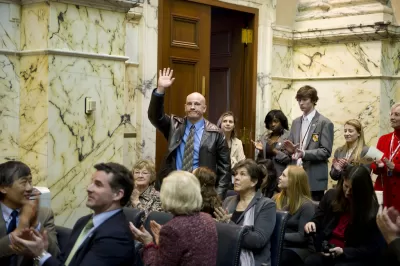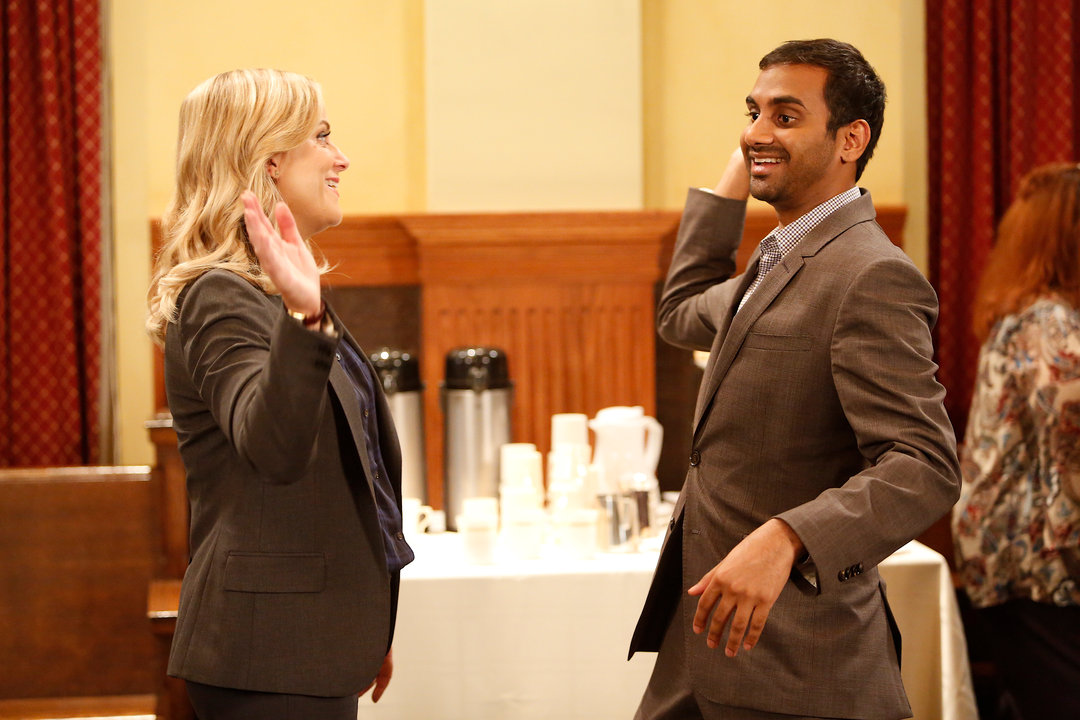Do you remember exactly when you wanted to become an urban planner? Neither do I.

For those considering a career in urban planning, don’t wait for lightning to strike, suddenly sending you down the non-motorized path toward urban planning. Waiting for this moment only delays the most effective way to know if the planning shoe fits: Just try it.
One reason it is important not to wait on planning is that by the time most of us learn about our field it’s relatively late in the career game. As I wrote in an earlier article, "Teaching Urban Planning to Pre-Schoolers," the profession of urban planning struggles with an awareness gap. From a young age, children read books and watch videos about doctors, builders, chefs, mechanics, pilots, and businesspeople. But not urban planners. It’s unfortunate because the concept of urban planning does not have a minimum age requirement. Kids understand the meaning of putting the right things in the right place, and that’s what planners do.
But the awareness gap is understandable. I don’t expect non-planners to know what planners really do. I knew planners wanted to make better places, but even in my second year of graduate school I still didn’t really know what planners actually did inside the office. Planning is thankless at times, and grinding through staff reports to meet processing deadlines takes a certain journalist's grit. So why expect someone to convey this as a career choice for young people or feature public meetings on a TV show? (Thank you, Parks and Recreation, for curbing this trend.)

Greg Gayne/NBC | 2014 NBCUniversal Media, LLC
Because most of us do not learn about urban planning until high school or college, other traditional professions have at least a decade head start competing for our intellectual interest. This leaves less time to consider planning before needing to make early career decisions like choosing a college, picking an academic major, pursuing an internship, or some other post-high school endeavor. If you feel even the slightest pull toward planning, it may be wise to follow it now.
Next up: Suggestions on how to follow this path.

Maui's Vacation Rental Debate Turns Ugly
Verbal attacks, misinformation campaigns and fistfights plague a high-stakes debate to convert thousands of vacation rentals into long-term housing.

Planetizen Federal Action Tracker
A weekly monitor of how Trump’s orders and actions are impacting planners and planning in America.

In Urban Planning, AI Prompting Could be the New Design Thinking
Creativity has long been key to great urban design. What if we see AI as our new creative partner?

King County Supportive Housing Program Offers Hope for Unhoused Residents
The county is taking a ‘Housing First’ approach that prioritizes getting people into housing, then offering wraparound supportive services.

Researchers Use AI to Get Clearer Picture of US Housing
Analysts are using artificial intelligence to supercharge their research by allowing them to comb through data faster. Though these AI tools can be error prone, they save time and housing researchers are optimistic about the future.

Making Shared Micromobility More Inclusive
Cities and shared mobility system operators can do more to include people with disabilities in planning and operations, per a new report.
Urban Design for Planners 1: Software Tools
This six-course series explores essential urban design concepts using open source software and equips planners with the tools they need to participate fully in the urban design process.
Planning for Universal Design
Learn the tools for implementing Universal Design in planning regulations.
planning NEXT
Appalachian Highlands Housing Partners
Mpact (founded as Rail~Volution)
City of Camden Redevelopment Agency
City of Astoria
City of Portland
City of Laramie





























